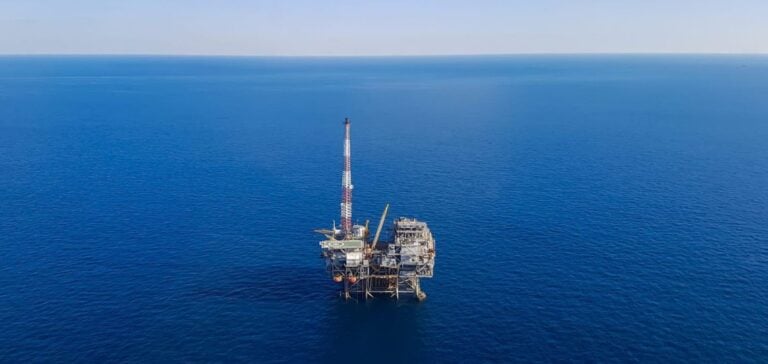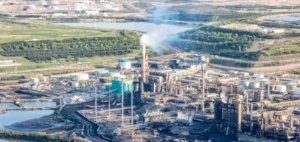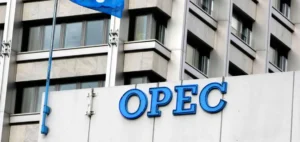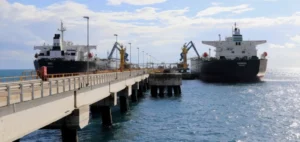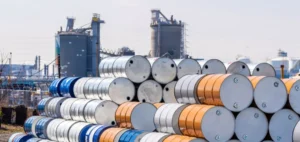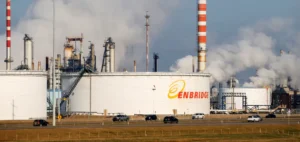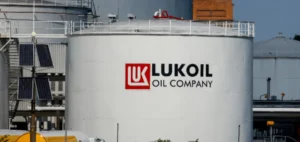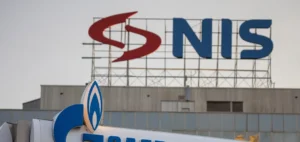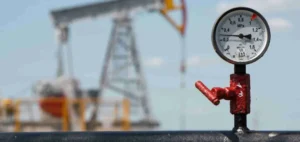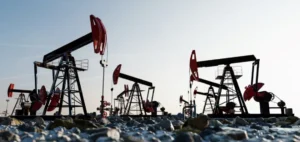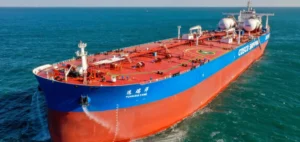Deepwater oil terminals, such as Enterprise Product Partners’ Sea Port Oil Terminal (SPOT), are at the center of a growing controversy in the United States.
While these infrastructures aim to increase the export capacity of American crude oil to meet global demand, they are arousing strong opposition among Democratic legislators.
The latter, led by Senator Ed Markey and Representative Raul Grijalva, are calling for an immediate suspension of approval for the new terminal licenses, stressing the increased risks to the climate and local communities.
SPOT, located 35 miles off the Texas coast, is designed to load up to 2 million barrels per day.
Despite the arguments put forward by the administration in favor of the project, notably its supposed contribution to national energy security, lawmakers point out that such infrastructure prolongs dependence on fossil fuels and exacerbates climate change.
They call on the Maritime Administration (MARAD) to review its approval criteria, incorporating considerations of environmental justice and public health.
A review of approval criteria at stake
The legislators also criticize the current project assessment framework as being too narrow to capture the true climate impacts of these infrastructures.
They propose that approval criteria include a broader assessment of long-term effects on the environment and local populations, rather than being limited to energy security.
SPOT, scheduled to go into service in 2026 or 2027, has already overcome several legal challenges, but remains under fire for its perceived incompatibility with the Biden administration’s climate commitments.
This opposition is not isolated.
Three other deepwater terminal projects are currently awaiting approval in the Gulf of Mexico: Bluewater, Blue Marlin and GulfLink.
These projects, if combined with SPOT, could generate 24 billion metric tons of greenhouse gases over 30 years, a figure equivalent to that produced by nearly 6,170 coal-fired power plants annually.
Legislators believe that these projects represent an unacceptable expansion of the oil industry at a time when significant decarbonization efforts are needed.
Challenges for US energy policy
The tensions between the need to meet global oil demand and the United States’ climate commitments are increasingly apparent.
The Biden administration, in granting these licenses, has to juggle pressure from elected officials, environmental activists and industry players.
At the heart of the debate is the redefinition of the national interest to include stricter environmental criteria.
This process could influence the future trajectory of US energy policies, particularly in the context of a transition to more sustainable energy sources.
The final decision on the future of these deepwater terminals will have repercussions not only for the oil industry, but also for the United States’ position in the fight against climate change.


